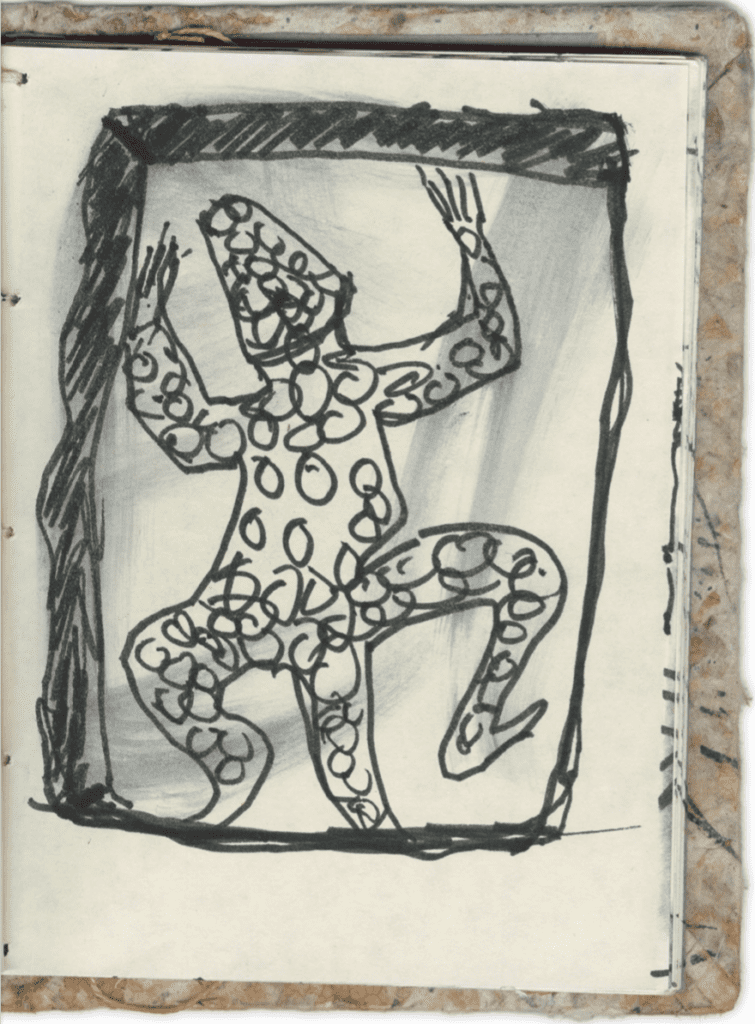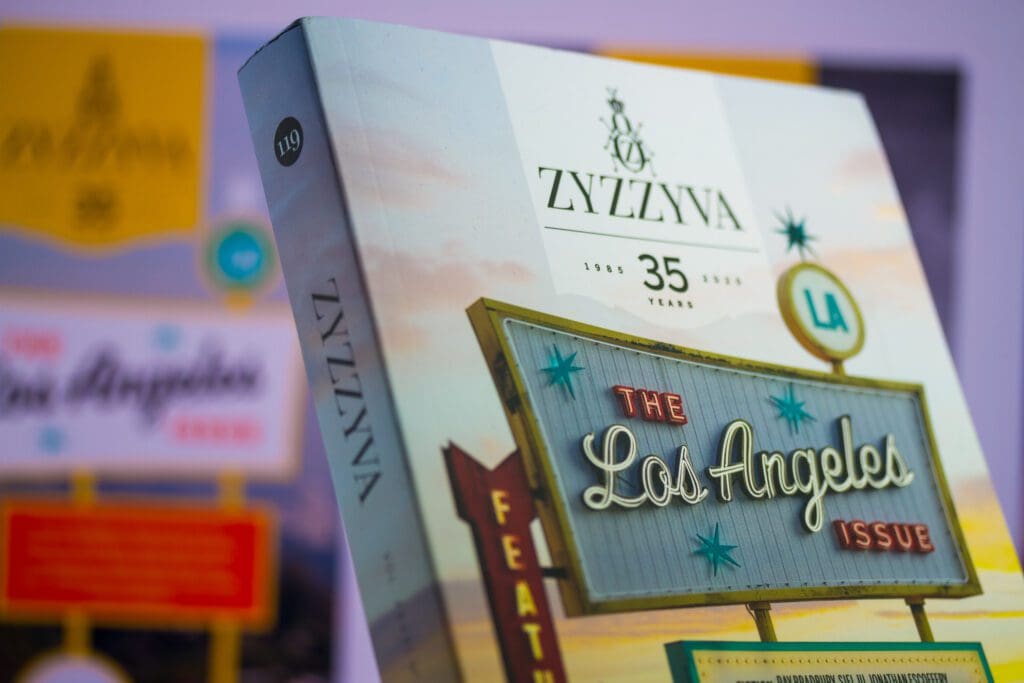 President Donald Trump’s revised travel ban—an executive order targeting Yemen, Sudan, Iran, Syria, Somalia, and Libya, and reducing the number of refugees allowed into the country from 110,000 to 50,000 people—was to have taken effect today. The order was met with legal challenges in three states, challenges in which groups such as the ACLU and the Northwest Immigration Rights Program argued that it remained, among other things, a thinly disguised ban on Muslims. But yesterday, as the New York Times reported, Judge Derrick K. Watson in Hawaii issued a nationwide order blocking the ban.
President Donald Trump’s revised travel ban—an executive order targeting Yemen, Sudan, Iran, Syria, Somalia, and Libya, and reducing the number of refugees allowed into the country from 110,000 to 50,000 people—was to have taken effect today. The order was met with legal challenges in three states, challenges in which groups such as the ACLU and the Northwest Immigration Rights Program argued that it remained, among other things, a thinly disguised ban on Muslims. But yesterday, as the New York Times reported, Judge Derrick K. Watson in Hawaii issued a nationwide order blocking the ban.
In April 2015, ZYZZYVA published Julie Chinitz’s essay “Shiftiness: The Border in Eight Cases” in its Spring/Summer issue. Chinitz, who volunteered with the Northwest Immigration Rights Program in the early ’90s, carefully considers in her piece the ideas of borders, of immigration, of refugees, of what it means to come to this country and what it means to be an American. Her insights remain significantly relevant, given the objectives of the Trump White House. The fifth section of the essay—”Borders and Bodies”—especially so, as she looks at the case of United States v. Montoya de Hernandez. Because of that Supreme Court ruling, she writes, it’s “why to this day people can find themselves locked up at the border, hours on end, with no idea what they’re suspected of having done wrong. … In his dissent in Montoya de Hernandez, Justice Brennan raised a warning about this kind of abuse … ‘Indefinite involuntary incommunicado detentions “for investigation” are the hallmark of a police state,’ he wrote, ‘not a free society’.”
She further notes: “In legal terms, border points such as those at airports are called the ‘functional equivalent of the border.’ They also include territorial waters, spots where roads coming from the actual border converge, UPS sorting hubs, etc.: places that aren’t exactly the border, but close enough.”
We believed at the time of publication that Chinitz’s essay was important, and the weeks since Inauguration Day have only confirmed our view. The following is “Shiftiness: The Border in Eight Cases” in full. We urge you to read it.
[…]
Continue Reading






